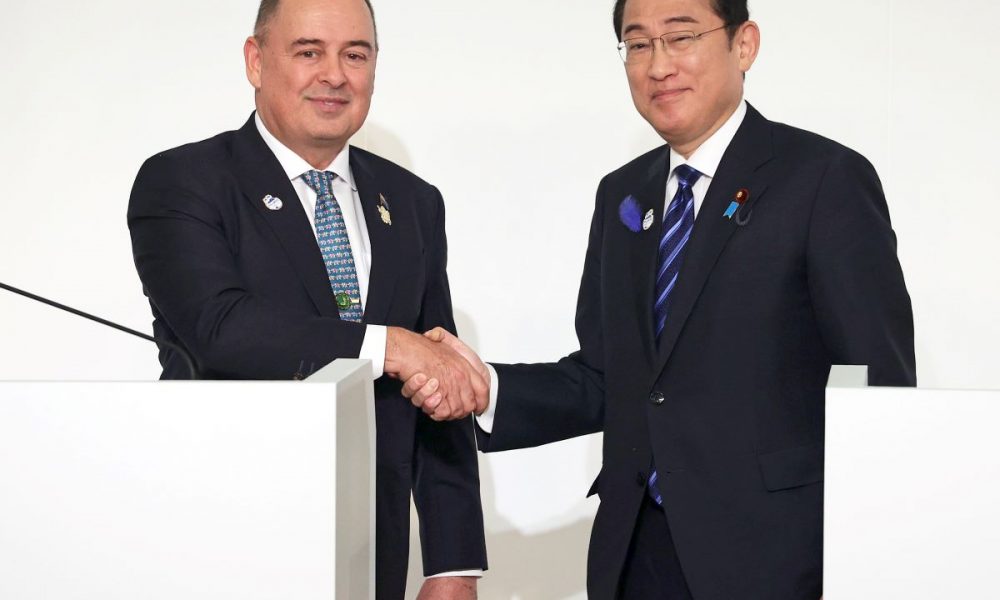


PALM10 concludes with leaders affirming shared values, climate initiatives, security cooperation, and imperial hospitality, signaling strengthened partnerships.
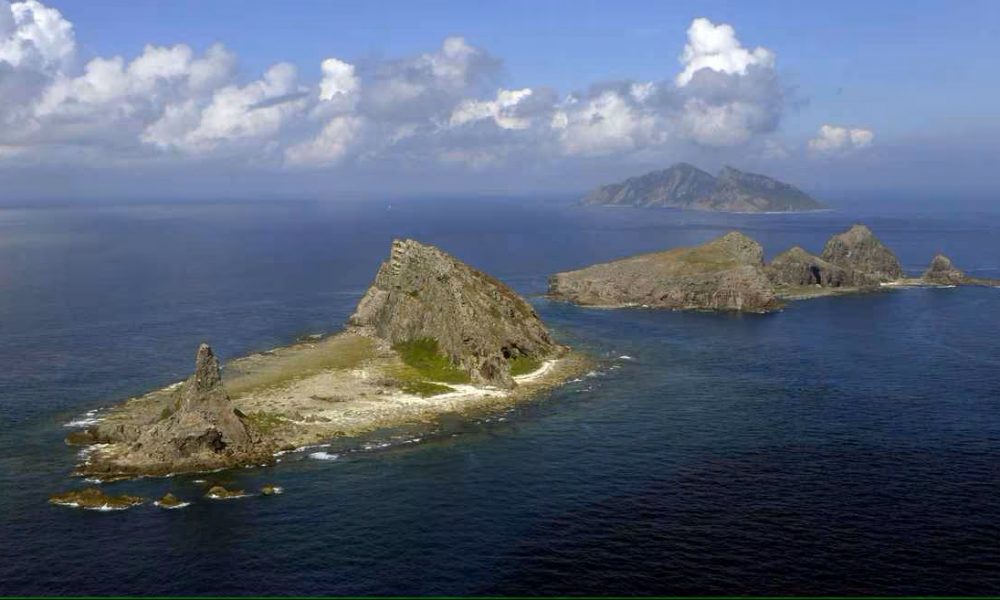
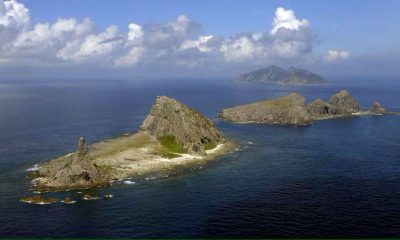

To counter China, the US and Japan need to make defense of the Ryukyu and the Senkaku Islands a joint affair and use their foreign investment...
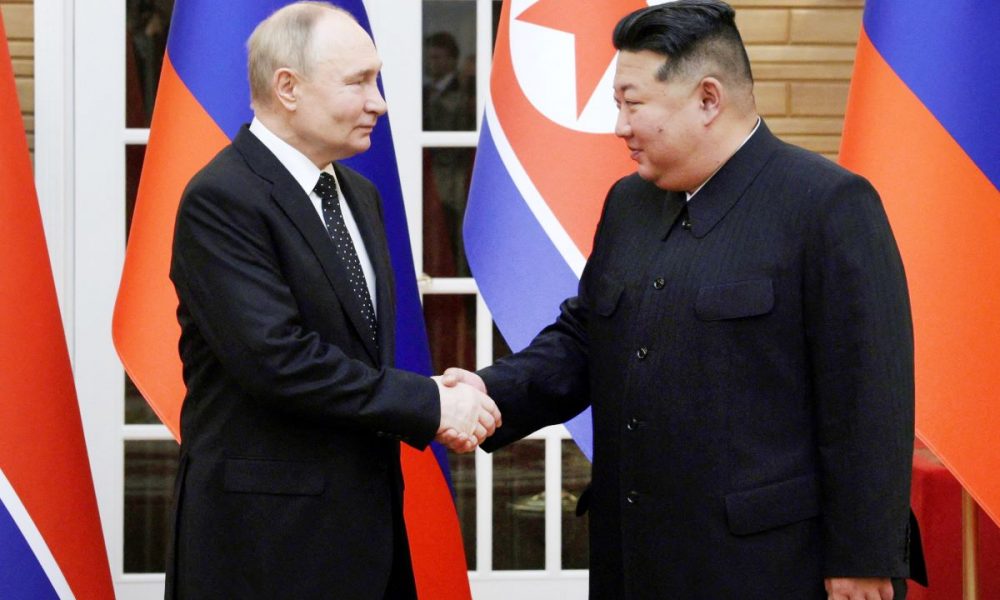
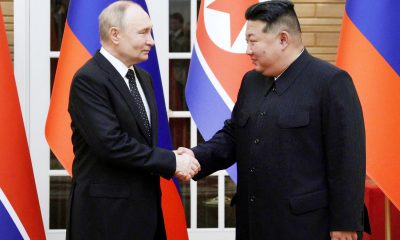

Russia and North Korea think nothing of violating international law. Japan cannot overestimate the dangers posed by these nuclear-armed despotic regimes' collusion.



The BrahMos missiles deal adds to the region's deterrence power and marks a new era since India will now be a major security partner of the...



China's "railway dream," estimated to exceed 10% of Nepal's GDP, will push Nepal further into economic subordination and exacerbate South Asia's security risks.
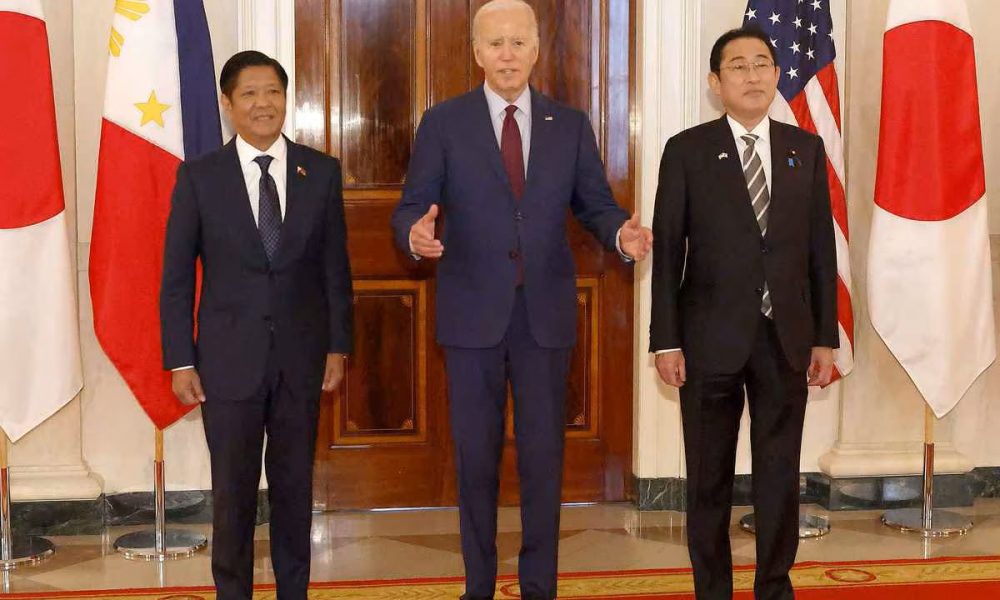
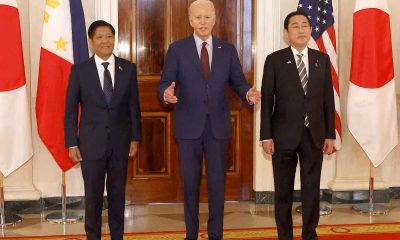

As regional tensions continue Japan, the US, and the Philippines are strengthening ties. Does this hint at Asian NATO to counter China's assertiveness?
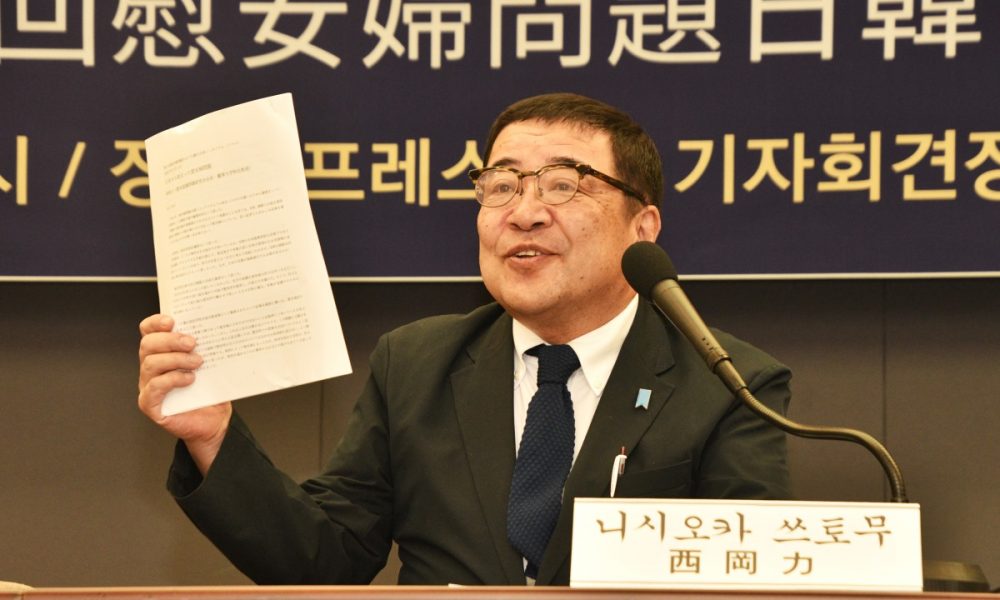


Longtime scholar of Korean Peninsula issues, Professor Tsutomu Nishioka analyzes the challenges and progress in relations between Japan and South Korea.



Tsutomu Nishioka, a Korean Peninsula expert, assesses Yoon Suk-yeol's presidency and the issues at stake for the region in a revealing 2-part interview.
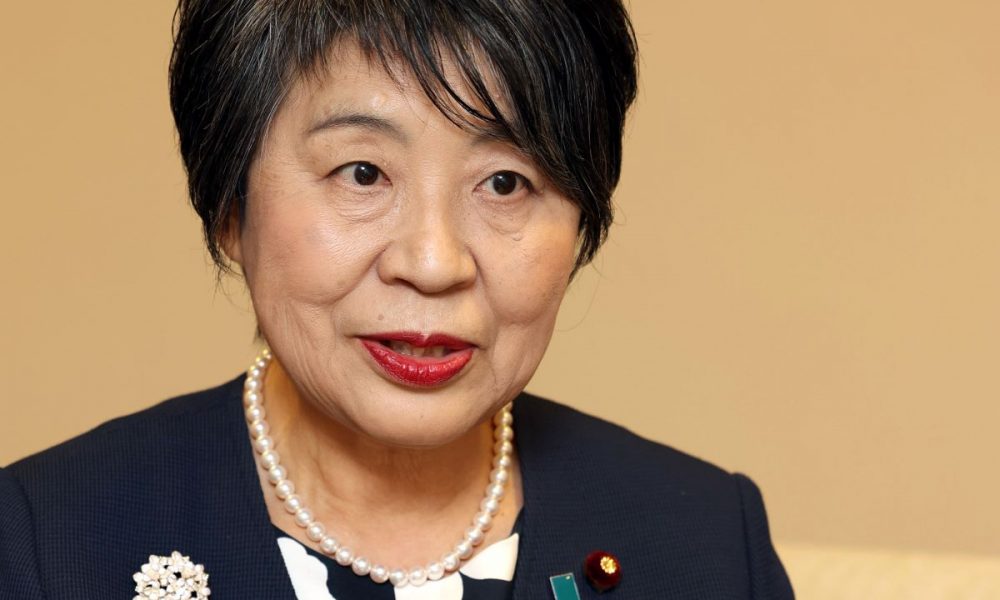
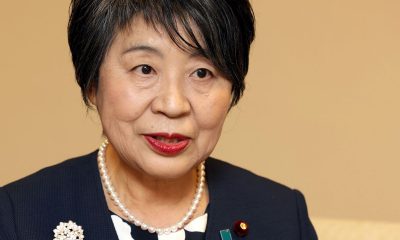

Foreign Minister Yoko Kamikawa intends to foster stronger unity among like-minded nations and enhance cooperation with countries of the Global South.
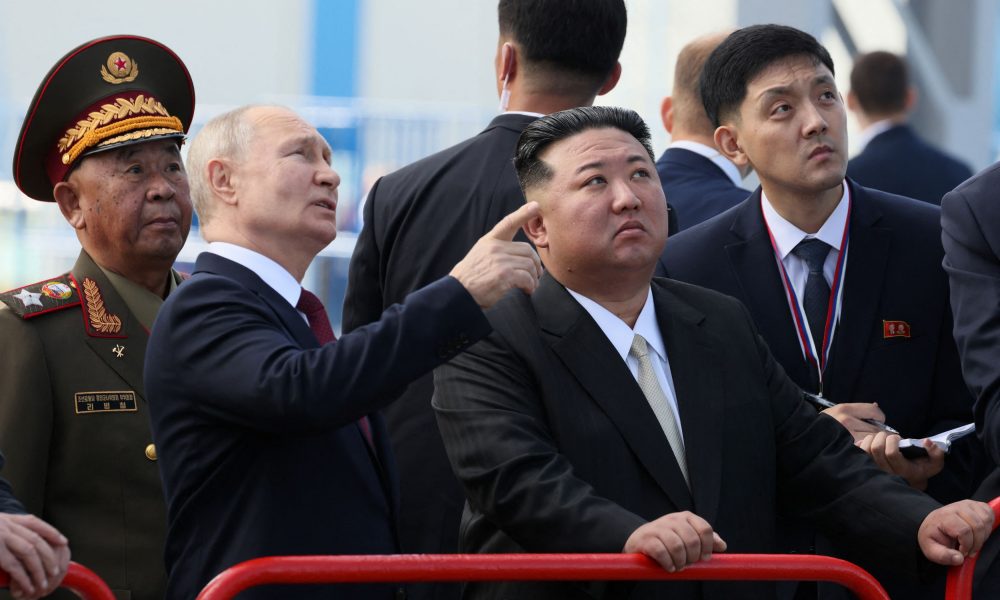


Putin wants ammunition out of the Russia-North Korea summit; North Korea wants access to satellite and submarine technology — in violation of UN sanctions.
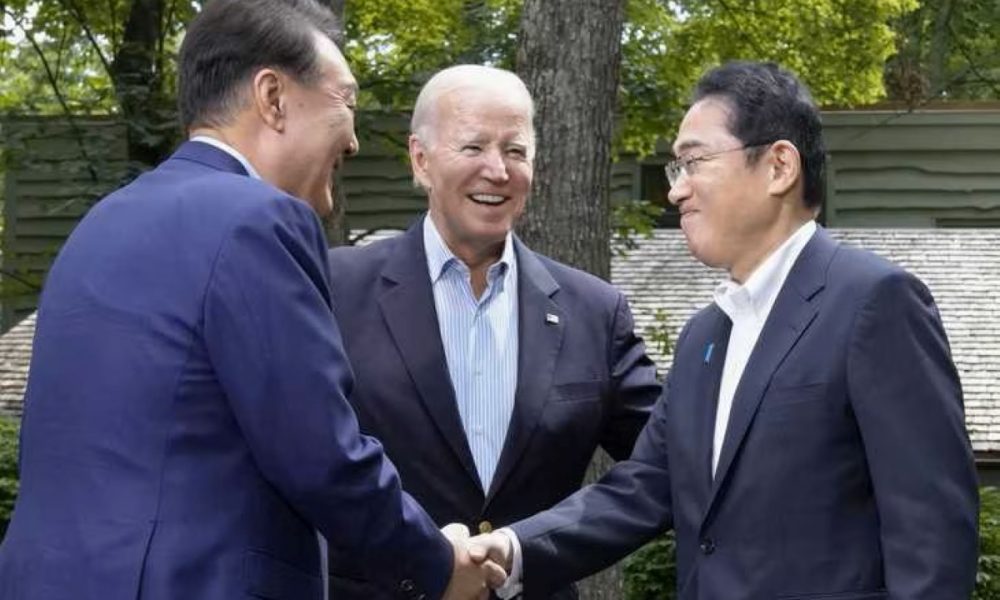
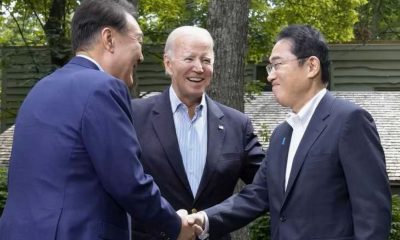

President Yoon Suk-yeol and Prime Minister Fumio Kishida inched closer to forging a collective defense alliance at Camp David - but there's still a way to...
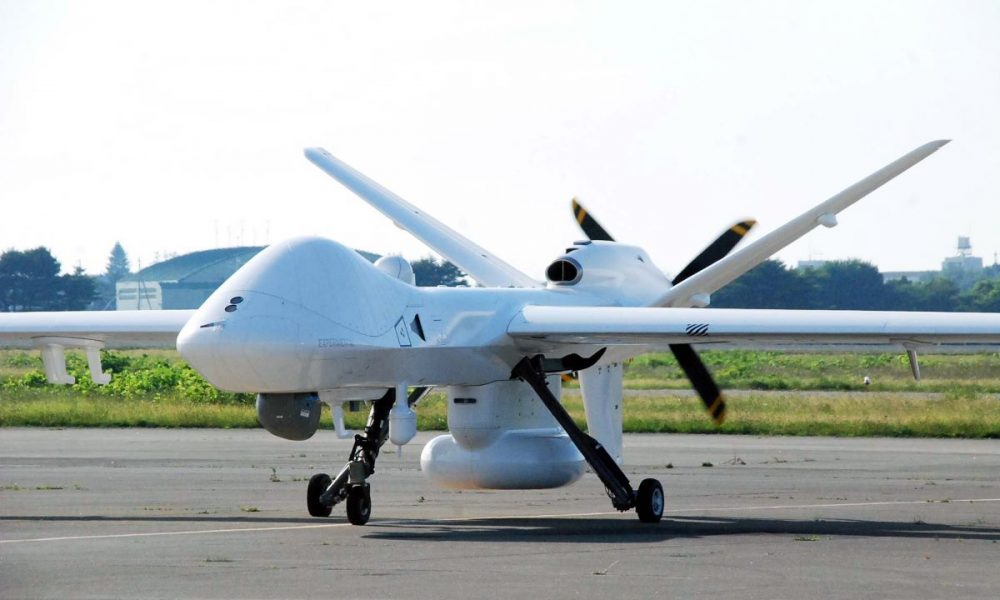
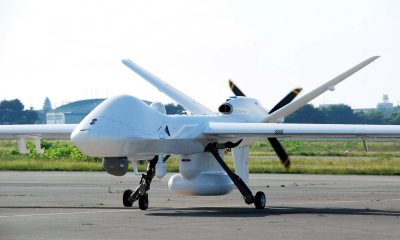

SeaGuardian is said to be a game changer that will revolutionize maritime security, capable of capturing detailed footage of ships over 9 miles away.